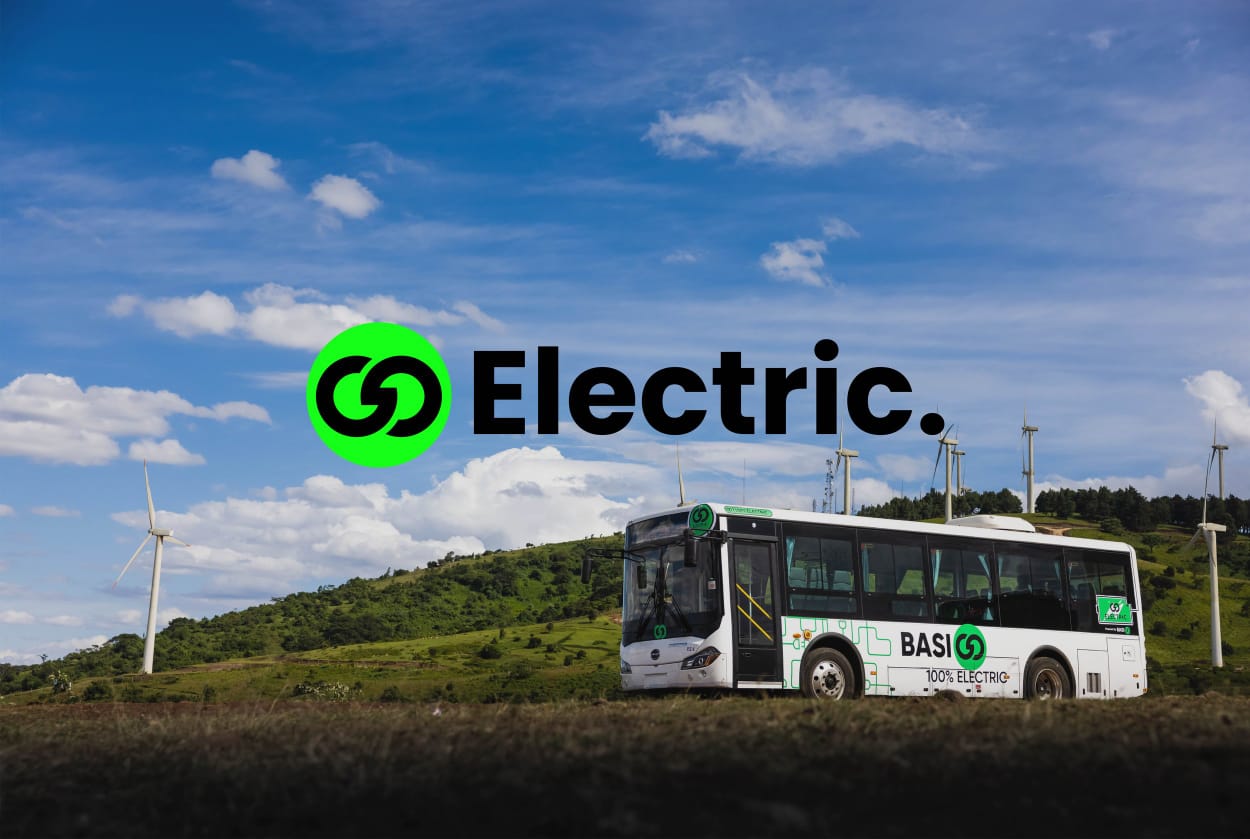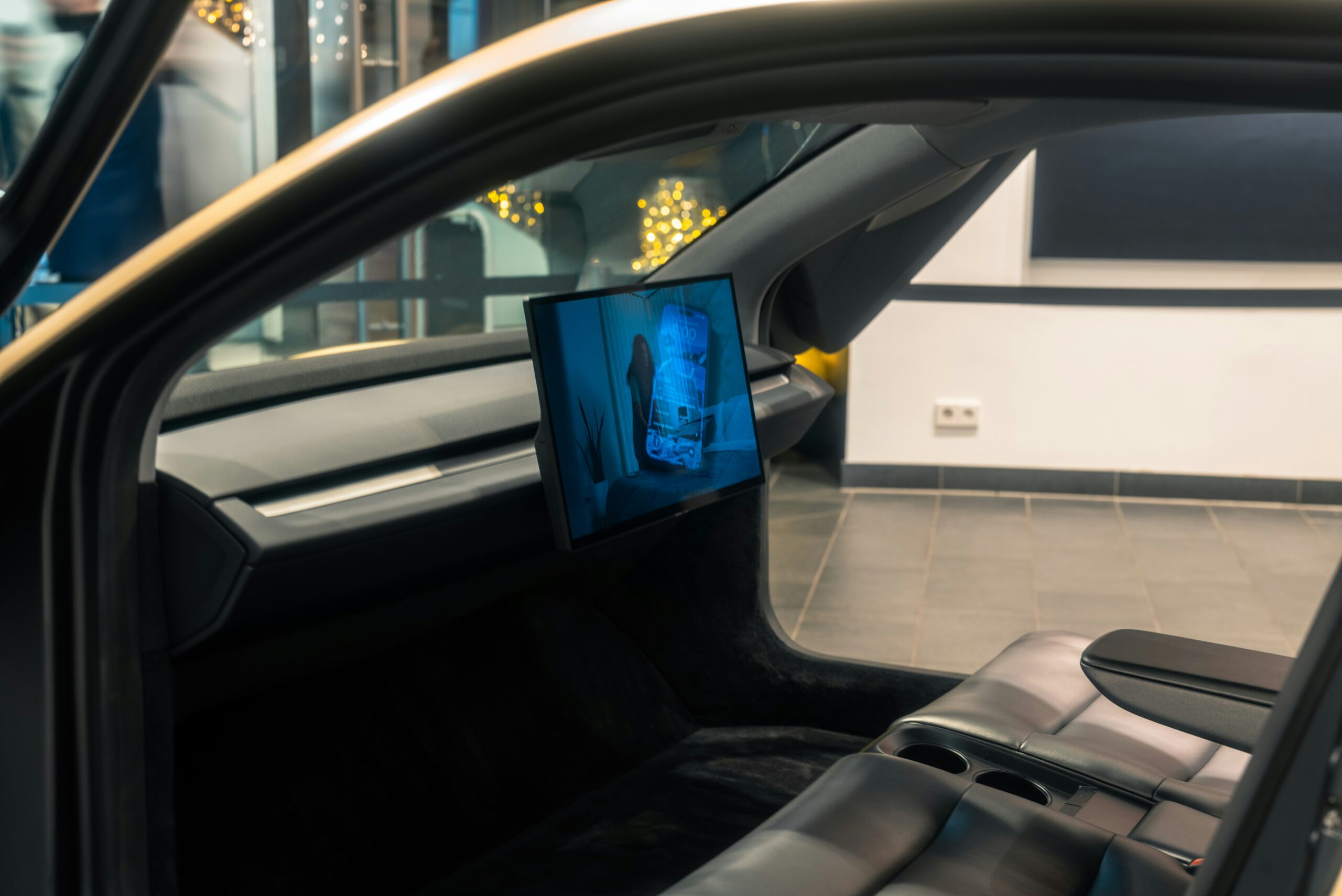Matatus are the heartbeat of public transport in Kenya, loud, colorful, chaotic, and always moving. But there is one thing they haven’t been; clean. That’s where BasiGo comes in. The Nairobi-based electric vehicle startup has just launched a fleet of sleek, battery-powered matatus built for Kenya’s roads, commuters, and climate. This isn’t just another fancy green project. It is a practical, homegrown upgrade for daily life.
Partnering with Kenya Vehicle Manufacturers (KVM), BasiGo is now assembling electric buses locally in Thika. It’s not just about putting shiny new vehicles on the road, it is about building a sustainable, Kenyan-made ecosystem. The assembly line has already created over 300 jobs, boosting the country’s capacity to produce and maintain electric vehicles. TechCabal
The buses themselves are built for the real world. They are designed to carry 25 passengers, have a range of up to 250 km on a full charge, and can be recharged at one of BasiGo’s growing network of charging stations. These aren’t “test buses.” They are already moving commuters in Nairobi through trusted cooperatives like Super Metro, Metro Trans, and Citi Hoppa. MyGov Kenya
And here’s where BasiGo gets smart: the payment model. Instead of asking matatu operators to cough up millions to buy a new electric bus, BasiGo offers a pay-as-you-drive system. Operators pay a flat fee per kilometre driven, around KES 20, which covers the battery, maintenance, and charging. It’s about the same cost as running a diesel bus, just without the fuel price drama or constant repairs. The Star Kenya To date, BasiGo’s buses have already moved over 4 million passengers and helped avoid more than 1,000 tonnes of CO₂ emissions. That’s not small talk, that’s real impact on urban air quality. Empower Africa
But the vision doesn’t stop in Nairobi. With fresh funding of KES 5.43 billion (about $41.5 million) from investors like Africa50, British International Investment (BII), and the U.S. International Development Finance Corporation (DFC), BasiGo plans to deliver 1,000 electric buses across Kenya and Rwanda over the next three years. Kigali is already on the roadmap through a partnership with AC Mobility, Rwanda’s own transport tech player. TechCabal
There’s also a long game here. Local EV production could be a springboard for Kenya to become a hub for electric mobility in East Africa, not just importing and assembling, but eventually manufacturing key components. Of course, there are still bumps ahead. Charging infrastructure is still limited, and shifting mindsets from diesel to electric will take time. But BasiGo’s mix of practicality and ambition is giving Nairobi’s noisy, fume-filled streets a much-needed recharge, literally.
Related: Peter Ndegwa Salary: Safaricom CEO Just Got Paid; Big Time
This isn’t just a tech upgrade. It’s a cultural and economic shift, one that blends matatu hustle with modern engineering.






